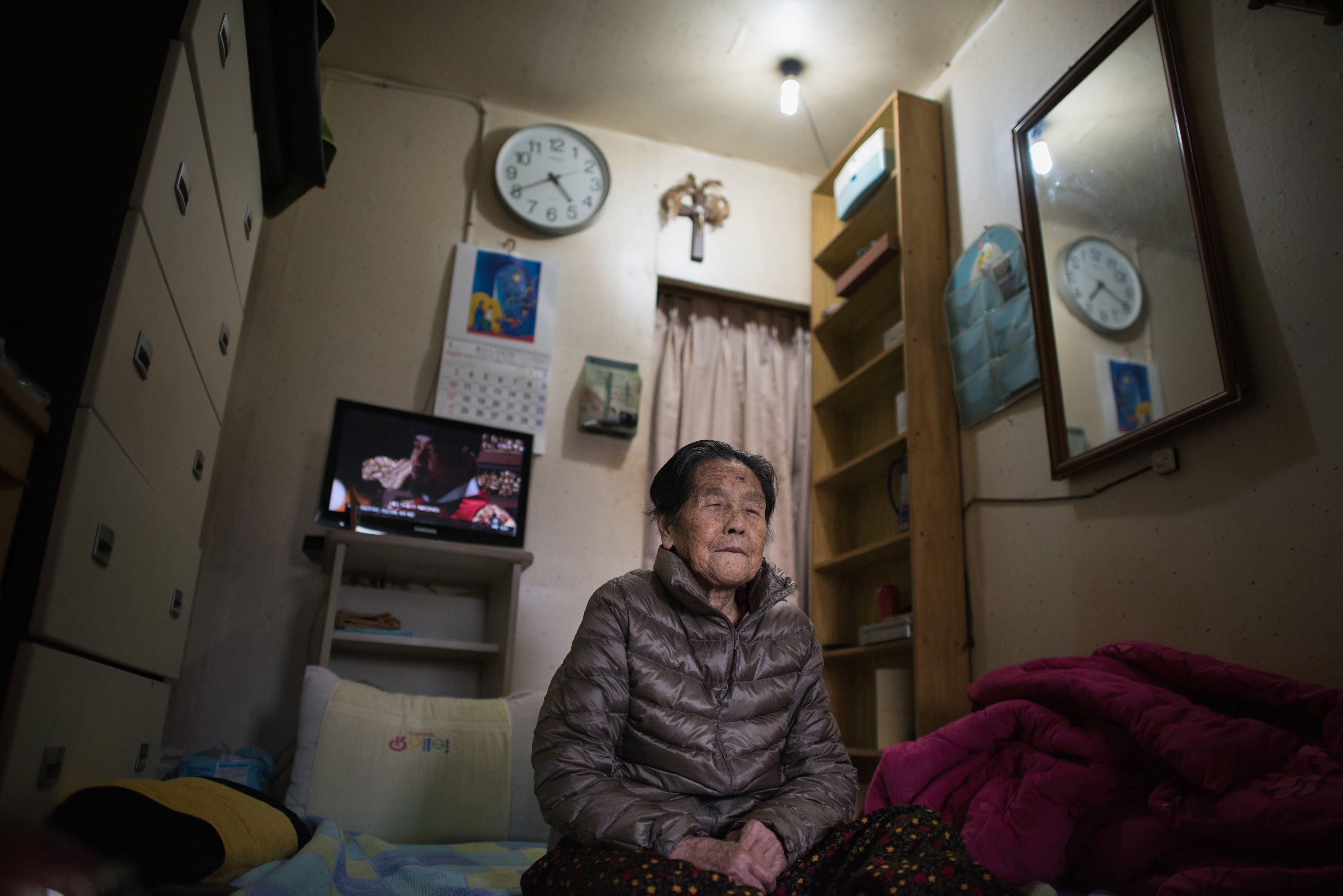Time Running Out for South Korea to End Age Discrimination
The window is rapidly closing for South Korea’s National Assembly to pass a comprehensive antidiscrimination law that citizens and human rights organizations have long endorsed.

Anti-discrimination legislation has been submitted 11 times since 2007, and the latest effort will again end in failure if the National Assembly doesn’t approve the proposed law before the end of the legislative session on December 10. A comprehensive antidiscrimination law has the potential to address pervasive discrimination in South Korea, including against older people, 40 percent of whom live in poverty, the highest rate in all Organisation for Economic Co-operation and Development (OECD) countries. Many Korean older people say they have difficulty finding jobs because of age restrictions, 59 percent in a 2018 survey by the National Human Rights Commission of Korea. For those who can get jobs, the same survey found 44 percent said they experienced ageism in their workplaces. Existing legislation has failed to prevent age discrimination in employment, according to experts. Cases of violence and abuse against older people are also on the rise. Explicit protections against discrimination in a cohesive and comprehensive law are urgently needed, not least because individuals often face multiple types of discrimination at the same time based on intersecting aspects of their identity such as age and gender. A comprehensive bill would not only better protect older people from discrimination but would cover other groups as well. Recent proposals for the law have included prohibition of discrimination based on gender, disability, medical history, age, origin, ethnicity, race, skin color, physical condition, marital status, sexual orientation, and gender identity. South Korean citizens and human rights organizations are not alone in wanting better protection from discrimination. Over the past 15 years, United Nations bodies that monitor human rights have repeatedly expressed concern about discrimination in South Korea and urged the government to adopt comprehensive antidiscrimination legislation. Some South Korean lawmakers are also calling for a new law. With the legislative session drawing to a close, so too is the window to pass antidiscrimination legislation.
The National Assembly should act now. Older people and others who are the victims of discrimination cannot afford to wait any longer.
Read the full article at the original website
References:
- https://koreajoongangdaily.joins.com/2021/07/11/culture/features/antidiscrimination-equality-law-discrimination/20210711173307144.html
- https://www.hrw.org/news/2021/11/11/national-assembly-south-korea-should-act-swiftly-enact-anti-discrimination
- https://www.oecd-ilibrary.org/docserver/b6d3dcfc-en.pdf?expires=1636883435&id=id&accname=guest&checksum=F31F2EA4D86B9F2A54D7AFA0625C1FA6
- https://www.humanrights.go.kr/site/inc/file/fileDownload?fileid=1068133&filename=in_BB2017112015081403361491.pdf
- http://www.koreaherald.com/view.php?ud=20120327000944
- https://www.humanrights.go.kr/site/program/board/basicboard/view?menuid=002002001&pagesize=10&boardtypeid=7003&boardid=7607336
- http://www.koreaherald.com/view.php?ud=20210620000168
